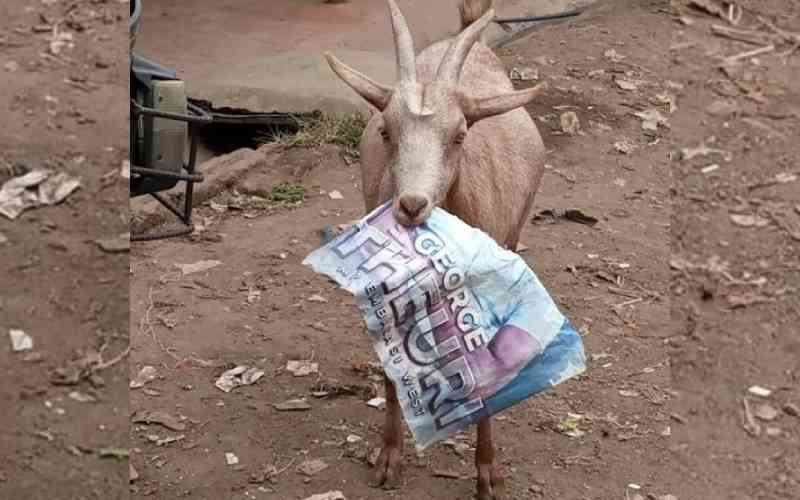
There are many politicians still staring down at Kenyans from campaign posters on walls, electricity poles and footbridges long after the elections were done and dusted.
From major cities to rural hamlets, the posters are on shops, estate gates, streets, roads and even trees. The campaign poster trash, according to environmentalists, becomes an environmental menace.
Indeed, since the 1920s, political parties and candidates have invested heavily on posters with their images and slogans.
Facts First
Unlock bold, fearless reporting, exclusive stories, investigations, and in-depth analysis with The Standard INSiDER subscription.
Already have an account? Login
 The Standard Group Plc is a multi-media organization with investments in media
platforms spanning newspaper print
operations, television, radio broadcasting, digital and online services. The
Standard Group is recognized as a
leading multi-media house in Kenya with a key influence in matters of national
and international interest.
The Standard Group Plc is a multi-media organization with investments in media
platforms spanning newspaper print
operations, television, radio broadcasting, digital and online services. The
Standard Group is recognized as a
leading multi-media house in Kenya with a key influence in matters of national
and international interest.











